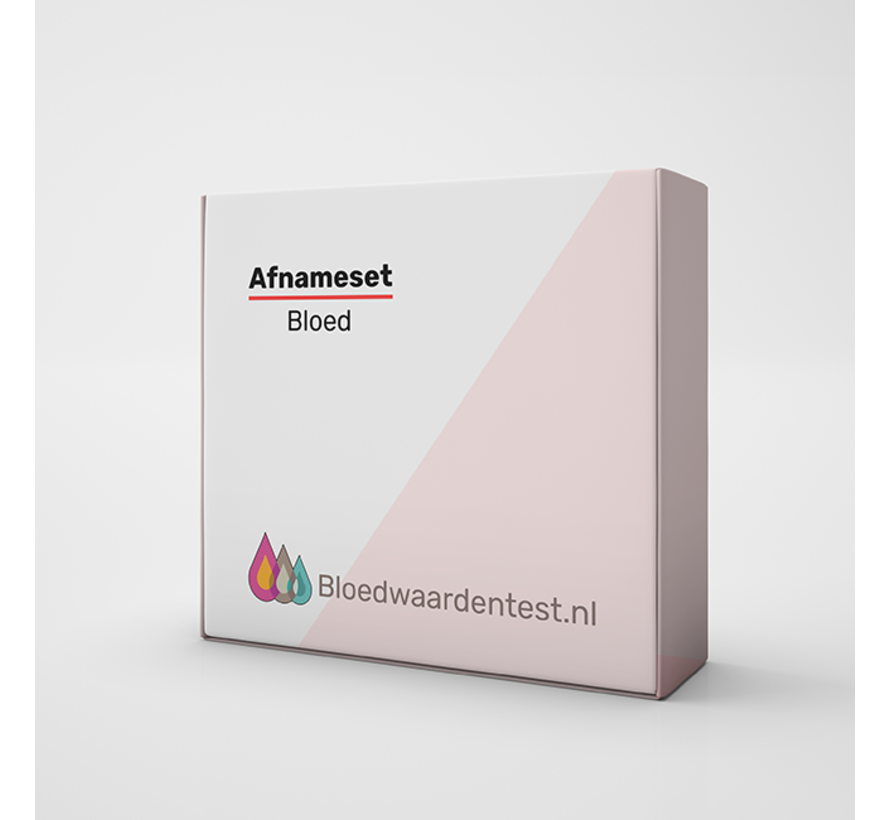ANCA Anti-neurotrophic cytoplasmic antibodies
In the ANCA examination, antibodies are measured (granuloc. cytoplasm al.).
In case of a positive result, further testing will be done for:
- PR3 al. (c-ANCA) (EIA)
- MPO al. (p-ANCA) (EIA)
This test is relevant in suspected inflammation of blood vessels including in the kidneys, also called vasculitis and glomerulonephritis. Some well-known examples of diseases in which and ANCA are positive are Wegener's disease, glomerular nephritis and polyarteritis nodosa. Depending on the degree of inflammation and the underlying disease, the respiratory tract, ears and/or kidneys may also be affected. In particular, inflammation of the vessels in the kidneys can lead to rapid deterioration of kidney function.
The test determines the presence of antinuclear antibodies (ANCA) in the blood. It also examines whether there are many or few autoantibodies and what type of autoantibody it is (PR-3 or MPO).
Usually, the immune system makes antibodies (also called immunoglobulins) against invading bacteria and viruses. In some people, something goes wrong in the immune system. In them, antibodies are made against some of their own proteins or cells. These antibodies are called autoantibodies because they are directed against one's own body. Auto means "self. The immune system then damages its own cells, entire tissues or even entire organs because the autoantibodies cause inflammation.
The ANCA are autoantibodies that affect the small and medium-sized blood vessels, this group of diseases are called vasculitides. The clinical picture seen depends on the type of blood vessel affected (in the respiratory tract, kidneys etc). Several autoantibodies can be distinguished (p-anca, c-anca, atypical) that can accompany a specific form of vasculitis. The pattern is not always specific. Therefore, when evaluating the ANCA result, the clinical manifestation of the disease is always paramount. For example, p-ANCA is often seen in Wegener's disease, c-ANCA in Churg Strauss disease and atypical ANCA in intestinal or liver disease.
With adequate treatment of the disease, the ANCA may disappear.
Autoimmune diseases can lead to inflammation in various organs such as joints, kidneys and blood vessels, for example. When the doctor suspects that an autoimmune disease may be present based on these types of symptoms, he or she can have the presence of autoantibodies determined in the blood. The absence of ANCA makes the likelihood of an autoimmune disease associated with inflammation of the blood vessels small.
In healthy individuals, the ANCA result is negative.
Negative
No autoantibodies have been detected and the chance that the symptoms are caused by vasculitis is small. Even after successful treatment, the ANCA result can become negative. In inflammation of the large vessels (Takayasu's disease), the ANCA is negative.
Dubious
The result is not negative, but still so low that there is doubt whether it should be considered abnormal. This is also called the gray area.
Slightly elevated
Depending on the type of autoantibodies found and the patient's symptoms, a slight elevation may indicate an autoimmune disease.
Highly elevated
With a strong elevation, depending on the type of antibody and the patient's symptoms, the suspicion of an autoimmune disease increases. An elevated result is often followed (by default) by an anti-MPO and/or PR3 test.
In Wegener's disease, the ANCA is usually of the PR3 type.
- Proteinase 3 (PR3, c-ANCA)
- if the result is less than 2.0 the result is good
- between 2.0 - 3.0 the result is questionable
- if the result is higher than 3.0, antibodies have been found in the blood
In Churg Strauss syndrome and glomerulonephritis, the ANCA is usually of the MPO type.
- Myeloperoxidase (MPO, p-ANCA)
- a result smaller than 0.2 IU/ml is good
- between 3.5 - 5.0 is dubious
- If the result is greater than 5.0, antibodies have been found in the blood.





